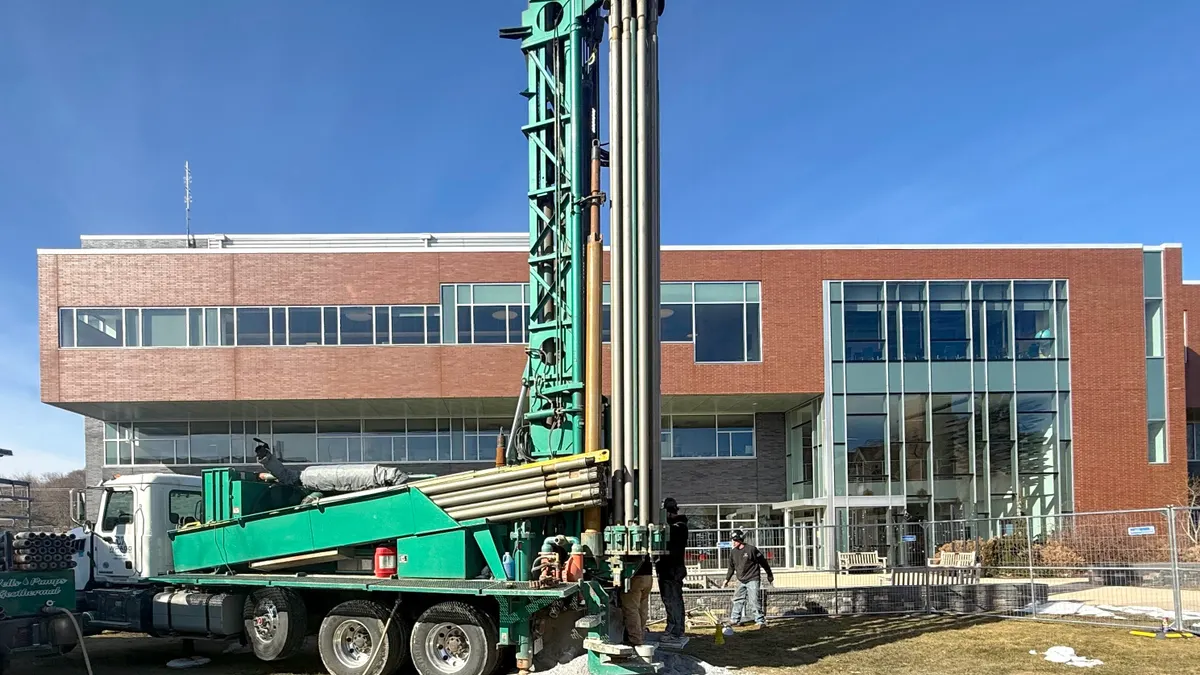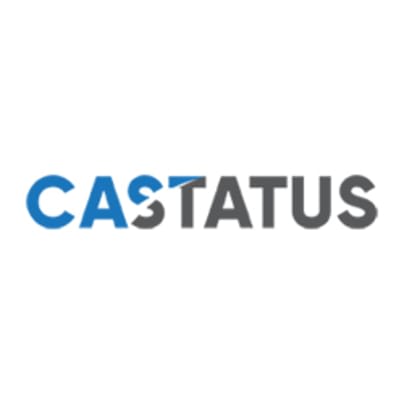Dive Brief:
- Adapting to new technologies and maintaining security and compliance across locations are among the top workplace challenges U.S. business leaders say they face, according to a survey by workplace platform Envoy and Hanover Research.
- Even though one-third of organizations said they currently manage most workplace operations manually, 51% of participants said advancements in artificial intelligence will have the greatest influence in shaping the workplace over the next decade, the survey found. The research polled more than 400 facilities management, physical security, IT and human resources executives and managers in the U.S.
- With 78% of surveyed companies consolidating their tech stacks or exploring consolidation options, business leaders are experiencing “a clear disconnect between a desire for a high-tech future workplace and the reality of outdated processes,” as well as the “ongoing challenge of balancing innovation with economic realities,” an Envoy spokesperson said.
Dive Insight:
Hybrid schemes and the return-to-office wave have exposed workplace management inefficiencies to a new degree, Envoy said. For example, prior to the pandemic, facilities managers knew how many employees would be at an office on any given day, making it easier for them to manage resources to match employees’ needs through manual processes, the spokesperson said.
“Today, however, there are more factors at play. Leaders are trying to measure the efficacy of return-to-office policies, optimize their workplaces to increase employee experience and maximize space utilization. This just isn’t possible without clear, unified data,” the spokesperson said.
Consequences associated with this lack of modernized processes include gaps in data and physical security and sub-par resource planning, the report states. Limited visibility into space usage, for example, makes it difficult to see “a clear, big-picture view of what’s working well within these spaces and what needs to be improved,” it states. Budget constraints, cumbersome tech consolidation efforts and internal barriers, such as a lack of IT infrastructure, governance structures and change management programs, are among the factors impeding technology upgrades, the survey found.
Despite wanting the “latest and greatest tech features,” many of the organizations surveyed are exploring or actively consolidating their technology, which the report says highlights “the tough balance companies face between providing cutting-edge capabilities to employees and reducing operational expenses during economic uncertainty.”
Despite those constraints, 66% of survey participants said they want to use workplace data to improve employee experience, with two-thirds of that group saying they want to use this data to establish work policies such as an on-site schedule and 42% saying data could help them to repurpose unused workspaces.
To overcome these challenges, the report recommends that business leaders streamline workflows by automating certain steps, including data-sharing across the different tools employees already use. Envoy also urged operators to calculate how long manual workplace processes take, eliminate extra tools that employees aren’t using and ensure that current platforms can effectively manage and document compliance-related data to mitigate risks and streamline operations.
Due to uncertainty related to the true costs of upgrading technologies, the report also said that leaders should add up the costs of using multiple-point solutions and compare this total with the cost of a single platform.
Some tools on the market already use AI for space utilization, day-to-day building operations and more. Adopting such tools comes with its own challenges, according to Envoy’s report, such as infrastructure, governance and change management.
“Companies need to balance their goals around enhancing workplace experience and data collection with the challenges of implementing new technologies,” the report said.












